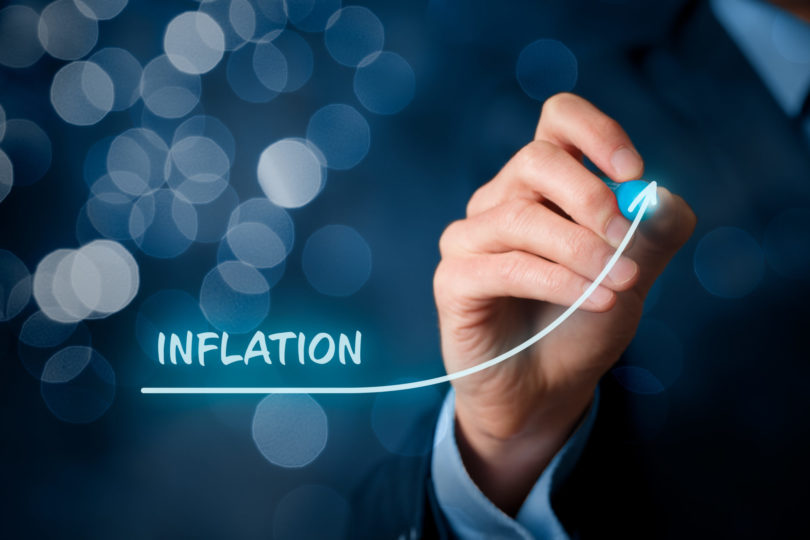
Blog
Consumer Inflation Eased in November
December 13, 2022
Consumer prices increased last month at the slowest pace in a year, the latest sign that runaway inflation may be starting to ease.
The consumer price index (CPI), which measures prices for a wide swath of common goods and services, rose just 0.1% from the previous month. On an annual basis, CPI increased 7.1% from a year ago, according to the Labor Department. Economists surveyed by Dow Jones had been expecting a larger 0.3% monthly increase and a 7.3% annual increase.
November’s annual increase is a marked slowdown from October’s 7.7% and represents the smallest increase since November 2021. Annual inflation has been slowing since June’s 9.1% peak, the highest in four decades, but remains well above the 2.1% average rate of the three years preceding the pandemic.
So-called “core” CPI, which excludes volatile components like food and energy prices, rose 6% in November from a year ago, easing from a 6.3% gain in October. September’s 6.6% increase was the biggest jump since August 1982.
Much of the month’s softer inflation was driven by falling energy prices. The energy index declined 1.6% for the month, driven in part by a 2% decrease in gasoline. Food prices, however, climbed 0.5% and were up 10.6% from a year ago. Even with its monthly decline, the energy index was 13.1% higher than in November 2021.
The data is unlikely to sway the Federal Reserve’s actions at the next meeting, where the central bank is expected to increase interest rates by 0.5 percentage points, a slight moderation from the 0.75 percentage point increases initiated at the past four meetings. The continuation of the trend, which has seen CPI moderate for several months, could complicate Fed deliberations over how long to continue the rate hike cycle and how high rates will ultimately go next year.
